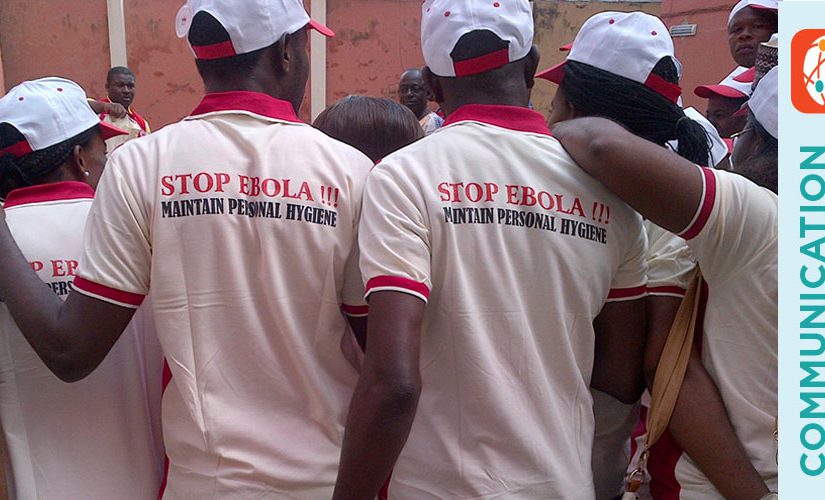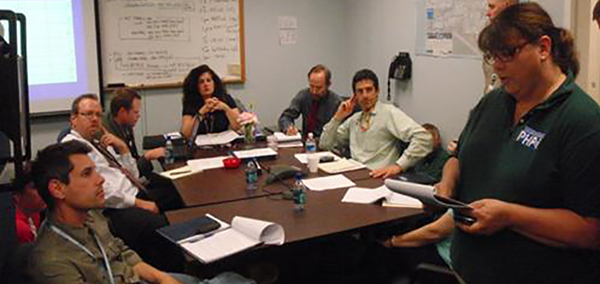Category: epidemiology
Responding to Emergencies One Behavior at a Time

To improve the health and safety of people in the United States and around the world, we have to influence and change behaviors. It can be difficult to try new things, or stop old things as behaviors range from simple to complex, but one way to consider behavior change is to think of any change Read More >
Posted on by 11 CommentsIn Case You Missed It: Top 10 Posts From 2017

In honor of the New Year, we are rounding up the blogs that were most viewed by you, our readers, in 2017. America’s Hidden Health Crisis: Hope for Those Who Suffer from ME/CFS Public Health Matters recognized the 25th anniversary of International Awareness Day for Myalgic Encephalomyelitis/Chronic Fatigue Syndrome (ME/CFS) and Fibromyalgia. Between 825,000 Read More >
Posted on by 2 CommentsJohn Snow: A Legacy of Disease Detectives

John Snow, known as the father of epidemiology, was born on March 15, 1813. This week, we honor the birthday of the first true disease detective. The Story of the Broad Street Pump London, 1854: A cramped Soho neighborhood teems with people and animals living in cramped and dirty quarters. A deadly outbreak of cholera Read More >
Posted on by 7 CommentsFrom the Field: CDC’s Field Assignment Program

When faced with unexpected outbreaks and emergencies like zoonotic plague, Ebola, or contaminated cilantro that causes cyclosporiasis, Career Epidemiology Field Officers (CEFOs) are the experts in the field. One of CDC’s newer field assignment programs, the CEFO program is made up of highly skilled professionals assigned to state, territorial, and local health departments across the Read More >
Posted on by 2 CommentsAn Unsuspected Treat Contaminated with Listeria. How about them Caramel Apples?

By Mandip Kaur and Brendan Jackson Oh, how sweet it is to enjoy a caramel apple when autumn sweeps in! Maybe you like yours topped with nuts? Sprinkles? How about chocolate? But who knew that this past fall, certain caramel apples would be contaminated with the dangerous Listeria monocytogenes bacteria (here, Listeria for short), and Read More >
Posted on by 15 Comments
